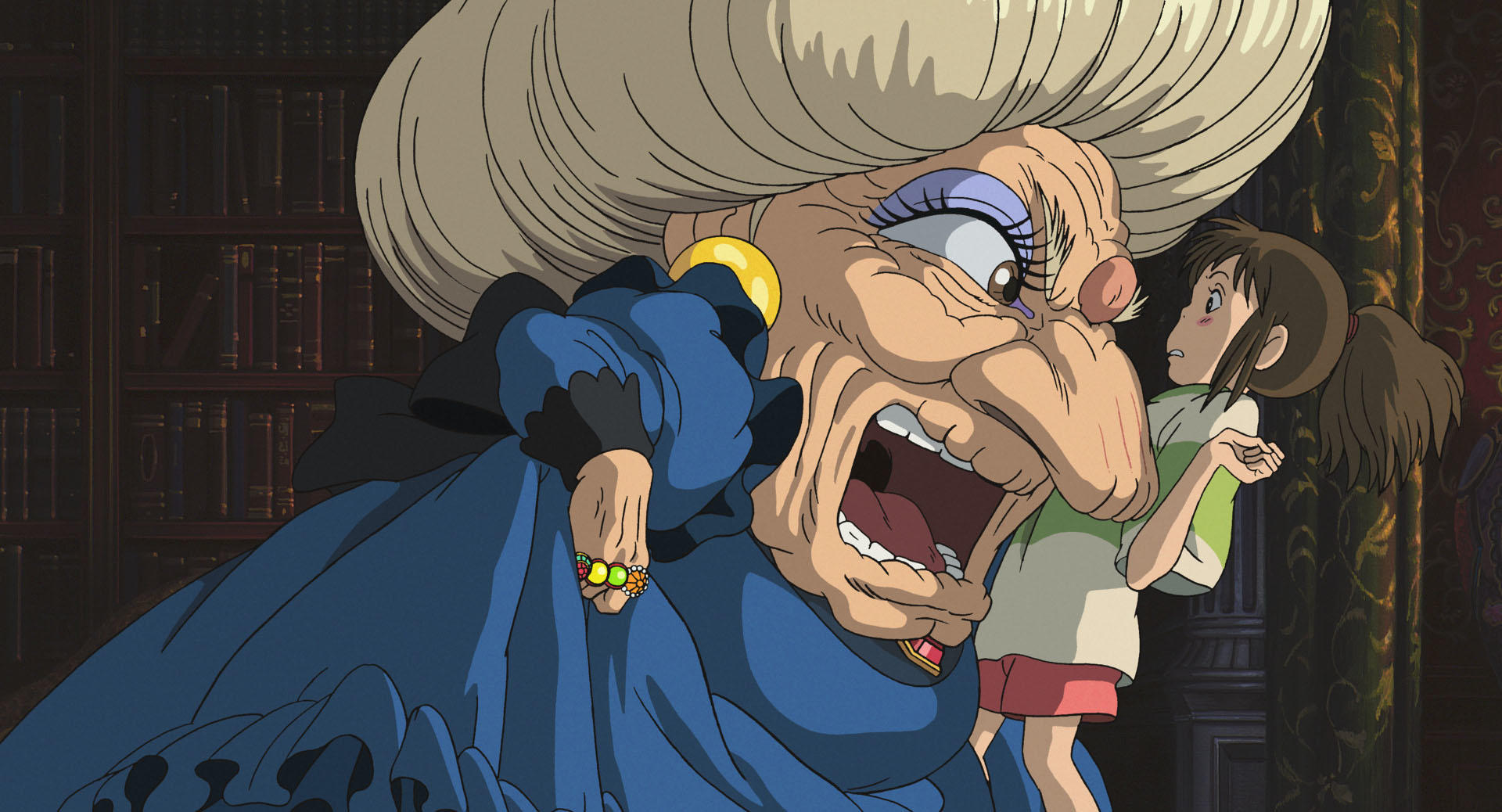No-name is real rock!
“No-name” is the true essence of rock! I started playing the guitar at 15, right when NIRVANA was dominating the music scene and shattering conventional values. Back then, people made a fuss, claiming “Alternative rock is untainted by commercialism.” I looked on with skepticism at such fanatical devotion. Even though I still love NIRVANA today, they didn’t seem entirely “new” to me back then because they had a name—just like any other band. I know this might sound strange.
While names are a practical necessity, my younger self purely wanted rock musicians to be anti-establishment. Simply put, don’t you think naming a band feels a bit “uncool”? Imagine a group of rebellious, decadent rockers—acting all jaded as if they’re too cool to care—yet getting into a heated, spit-flying argument just to pick a name.
In reality, it’s a good thing bands like Black Sabbath or Guns N’ Roses became legends. If they had remained local amateur bands, those names might just come off as cringey adolescent fantasies. Without the talent to back it up, “edgy” names can feel painfully “chu-ni-byo.” A name is just an empty vessel; it’s the achievement and the aura that eventually fill it with meaning.
In that sense, let me introduce what I consider “real rock”: Souseki Natsume. He is Japan’s most famous novelist (1867–1916), and his masterpiece is I Am a Cat. The story begins with the iconic lines: “I am a cat. As yet I have no name.” How rock is that! Today, let’s dig deeper into the power of a name.
Sapir-Whorf Hypothesis
Have you heard of the Sapir-Whorf Hypothesis? Put simply, it suggests that “language shapes thought.” While the strictest interpretation isn’t widely supported today, it is generally understood that language influences how we perceive reality.
When I first learned about this hypothesis, I was reminded of the movie The NeverEnding Story (1984). As “The Nothing” devoured the fantasy world, the inhabitants forgot everything—except for their names. At the time, I wondered why names were the only exception, but now I feel I understand. Ultimately, without names, we struggle to even recognize objects. In a sense, things only truly “exist” for us once they are named.
Speaking of which, do you know why I chose a scene from Spirited Away for this article? It, too, is a story about names. In the film, characters are controlled by having their names taken away. Some say the movie is a metaphor for Japanese corporate culture, where people are often addressed by their job titles rather than their actual names. I think that is a very keen observation.
As a side note, when answering the phone at work in Japan, it’s standard to state your company name before your own. For many, their company is their identity. This is why so many people face a severe identity crisis after they retire—they realize they don’t know who they are without their title.
The origin of our brand name
As you may have guessed, I am writing about names to help make our brand name more memorable to you. The name “CondeHouse” was chosen because it doesn’t carry a specific, restrictive meaning, allowing us to be welcomed in homes all over the world. My goal is for our name to become synonymous with “excellent furniture” globally, just as it is in Japan.
Thank you for reading to the end. In the spirit of the Sapir-Whorf Hypothesis, our brand truly “comes into existence” in the world the moment you recognize our name.
I confess that I used to think names were a bit ‘uncool’—until I realized that without a name, a masterpiece simply doesn’t exist in our reality. At CondeHouse, we don’t just build furniture; we create ‘vessels’ that wait for a name and an aura to fill them. Our Hatsune Miku Art Chair is the ultimate realization of this power. It is no longer just Hokkaido wood and pop art; the moment you recognize it as ‘Miku,’ it takes on a soul, a history, and a rock-star identity that ‘I Am a Cat’ would envy. It is a brand, a legend, and a physical reality all at once. Now, here is the portal to a name you will never forget: the image below is your link to the special site. If you prefer the nameless, invisible objects of ‘The Nothing,’ do NOT click it. But if you’re ready to bring a legendary identity into your home and give it a place to exist, go ahead. Name your future. —— The Hatsune Miku Art Chair.


Shungo Ijima
Global Connector | Reformed Bureaucrat | Professional Over-Thinker
After years of navigating the rigid hallways of Japan’s Ministry of Finance and surviving an MBA, he made a life-changing realization: spreadsheets are soulless, and wood has much better stories to tell.
Currently an Executive at CondeHouse, he travels the world decoding the “hidden DNA” of Japanese culture—though, in his travels, he’s becoming increasingly more skilled at decoding how to find the cheapest hotels than actual cultural mysteries.
He has a peculiar talent for finding deep philosophical meaning in things most people ignore as meaningless (and to be fair, they are often actually meaningless). He doesn’t just sell furniture; he’s on a mission to explain Japan to the world, one intellectually over-analyzed observation at a time. He writes for the curious, the skeptical, and anyone who suspects that a chair might actually be a manifesto in disguise.
Follow his journey as he bridges the gap between high-finance logic and the chaotic art of living!


Comments
List of comments (2)
[…] wrote about a name last time, which has reminded me of another thing about a name. Most of the Japanese, American, and British […]
[…] big impact the band left, not only on the world music scene but also on the whole society. It’s Nirvana. Their advent is exactly destructive creation, though I personally think it was too powerful and […]